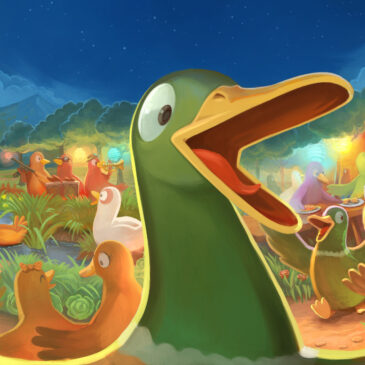Collectivise the Internet : Three years to Ruffle the Feathers of Surveillance Capitalism
Classé dans : COIN / COIN (2023-2025), ECHO Network, Émancip’Asso, Frama.space, Framasoft, Peer.tube, Traductions |
0
If the major issue in the digital world is systemic (a system called Surveillance Capitalism), then the answer cannot be limited to » individual degoogleizing initiatives ». Our new roadmap Collectivise the Internet / Convivialise the Internet 🦆🦆 is all out … Lire la suite

